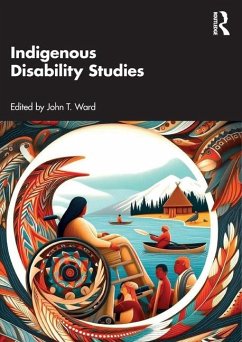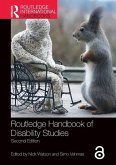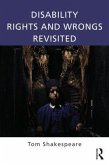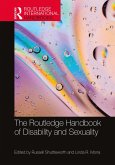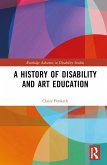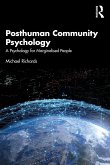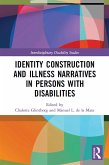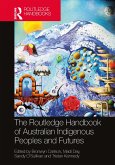This book provides a comprehensive approach to the perspectives, lived experiences, and socio-cultural beliefs of Indigenous scholars regarding disabilities through a distinctions-based approach. Indigenous people demonstrate considerable knowledge in a multitude of capacities in spite of legal, monetary, social, economic, health, and political inequalities that they experience within from administrative authorities whether health, education, or governments.
By including various knowledge systems related to social-cultural, traditional governance, spirituality, educational, and self-representation within a communal understanding, the knowledge brought forth will be a combination of information from within/communal and outwards/infusion by Indigenous teachers, scholars, academics, and professionals who aim to combat the negative effects of disability labels and policies that have regulated Indigenous peoples.
Comprised of five sections:
The power, wisdom, knowledge, and lived experiences of EldersReframing the narrative - Navigating self-representationLearning from within - Including traditional knowledgeChallenging colonial authority - Infusing regional ideals and conceptsInterpretations, narratives, and lived experiences of grassroots teachers and social service providers
It will be an asset to those who seek out a deeper understanding of the complexity of Indigenous people and their knowledge, including anyone who deals with predominantly non-Indigenous mindsets and barriers to education.
Courses on disability studies, Indigenous studies, social work, health, education, and development studies will all benefit from this book.
By including various knowledge systems related to social-cultural, traditional governance, spirituality, educational, and self-representation within a communal understanding, the knowledge brought forth will be a combination of information from within/communal and outwards/infusion by Indigenous teachers, scholars, academics, and professionals who aim to combat the negative effects of disability labels and policies that have regulated Indigenous peoples.
Comprised of five sections:
The power, wisdom, knowledge, and lived experiences of EldersReframing the narrative - Navigating self-representationLearning from within - Including traditional knowledgeChallenging colonial authority - Infusing regional ideals and conceptsInterpretations, narratives, and lived experiences of grassroots teachers and social service providers
It will be an asset to those who seek out a deeper understanding of the complexity of Indigenous people and their knowledge, including anyone who deals with predominantly non-Indigenous mindsets and barriers to education.
Courses on disability studies, Indigenous studies, social work, health, education, and development studies will all benefit from this book.

